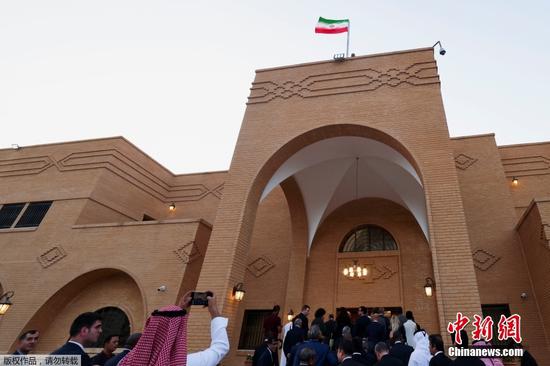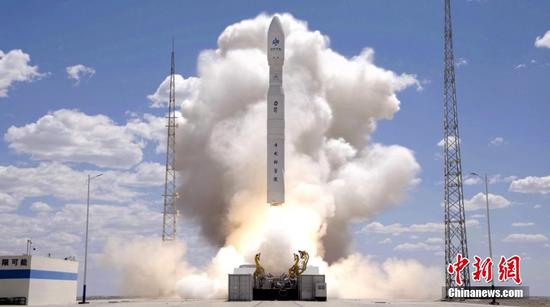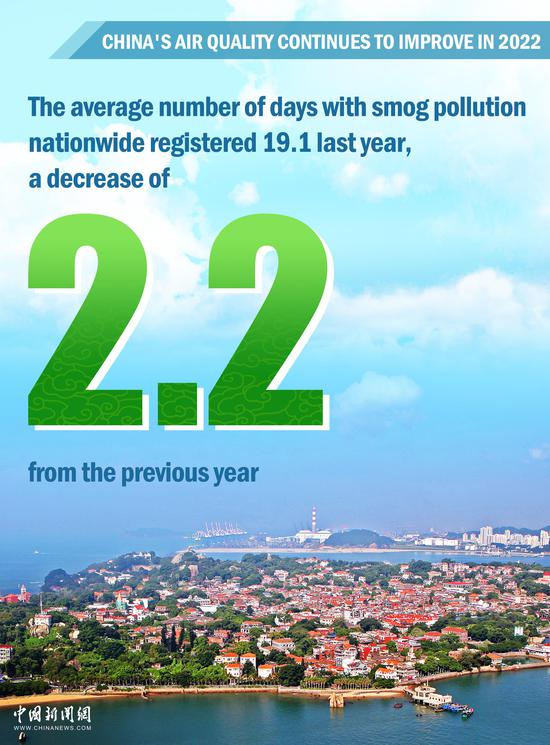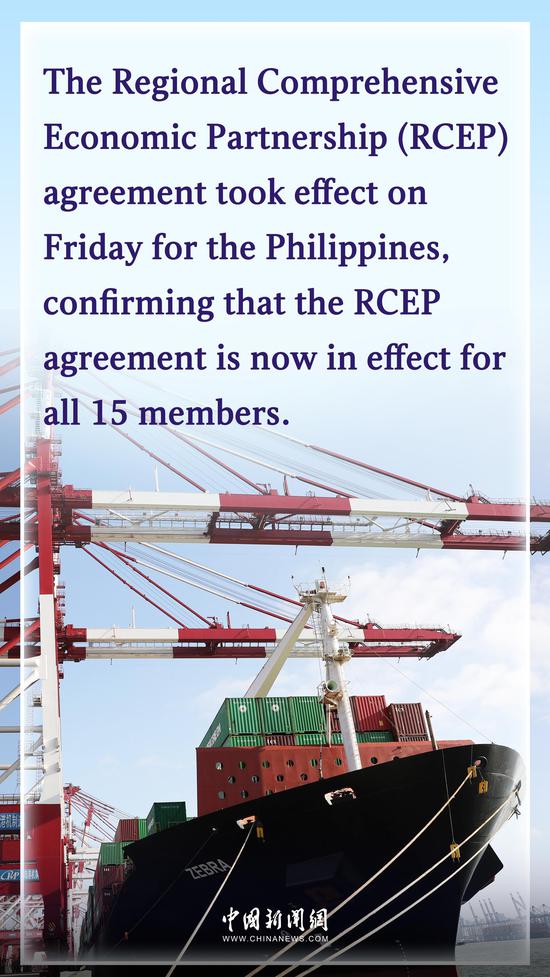The internationalization of the Chinese currency renminbi was, even as recently as last year, not an everyday topic in financial news reporting.
Experts used to say that the currency, also known as the yuan, was still being fine-tuned to prepare for a global play.
Now, the same topic seems to be attracting wider public attention, both at home and abroad.
There is now more reporting on the renminbi's growing role in trade settlements, currency trading or in international reserves.
This has ignited heated discussions in economic circles.
Have recent developments indicated a significant breakthrough in renminbi internationalization that will fast-track its process? Or, are they just temporary moves that will reverse course once US dollar liquidity eases and geopolitical conflicts ease?
I think recent developments are indeed positive for renminbi internationalization and could usher in greater breakthroughs going forward.
However, this hinges on the prospects of China's high-quality economic development and the reform and opening-up of its financial market.
Confidence in the US dollar has waned due to its deployment for financial sanctions and over concerns about US financial stability.
The renminbi, on the contrary, has turned into an attractive alternative international currency, with some unprecedented achievements to date.
In terms of international settlements, China and Brazil successfully processed their first cross-border renminbi settlement transaction in April. This came after China's first cross-border renminbi-settled liquefied natural gas transaction was completed in March.
The role of the renminbi in cross-border financing also made headway as the Export-Import Bank of China achieved its first renminbi loan cooperation with Saudi National Bank in March. Supported by the African Development Bank Group, Egypt is poised to become the first African country to issue panda bonds, or renminbi-denominated bonds issued by foreign borrowers.
These transactions mark milestones in renminbi internationalization, but their implications are far more crucial.
The fact that a rising number of countries have chosen the renminbi as an alternative international currency reflects their trust in the stability and convertibility of the renminbi as well as China's economic vitality and financial health.
These solid fundamentals will likely underpin a deepening of economic and financial cooperation between China and the rest of the world, helping raise the renminbi's share in global payments and reserves sooner than later.
Speed bumps
Yet, the road ahead for renminbi internationalization is beset with challenges.
While geopolitical tensions have prompted some countries to strengthen their cooperation with China, they could also deter others from boosting reserves held in the renminbi. The United States may also take action to reinforce the dollar's extraordinary dominance.
To be clear, the renminbi's share in global payments remains small. Its share in global payments stood at 2.29 percent in April, up from 1.95 percent two years ago but way behind the dollar's 42.71 percent, according to financial messaging services provider Swift.
It will, therefore, require much effort from China to sustain the current momentum of renminbi internationalization. Fundamentally, the country must maintain steady economic development and further build an open and deep financial market to achieve its ambition of renminbi internationalization.
Deepening the reform and opening-up of China's financial markets has assumed particular importance as this will help the growing number of renminbi trade settlement arrangements turn into a long-term mechanism.
Using the renminbi for trade settlements is an easy choice when a country's exports to China largely equal its imports from China. But, if it exports more to China than what it imports from here, it would require providing for attractive renminbi-denominated assets to maintain the willingness of accepting renminbi payments.
Efforts in this regard have already been made as the northbound trading of Swap Connect, which facilitates the access of overseas investors to onshore interest rate swaps, kicked off in May. This helps them better manage interest rate risks and opens up the onshore derivatives market.
The People's Bank of China, the country's central bank, has also vowed to further enhance the openness and accessibility of China's foreign exchange and financial markets and enhance the products offered in offshore yuan markets.
The renminbi still has a long way to go before it becomes a prominent international currency. But it has, undeniably, taken concrete steps in that direction.


















































 京公网安备 11010202009201号
京公网安备 11010202009201号